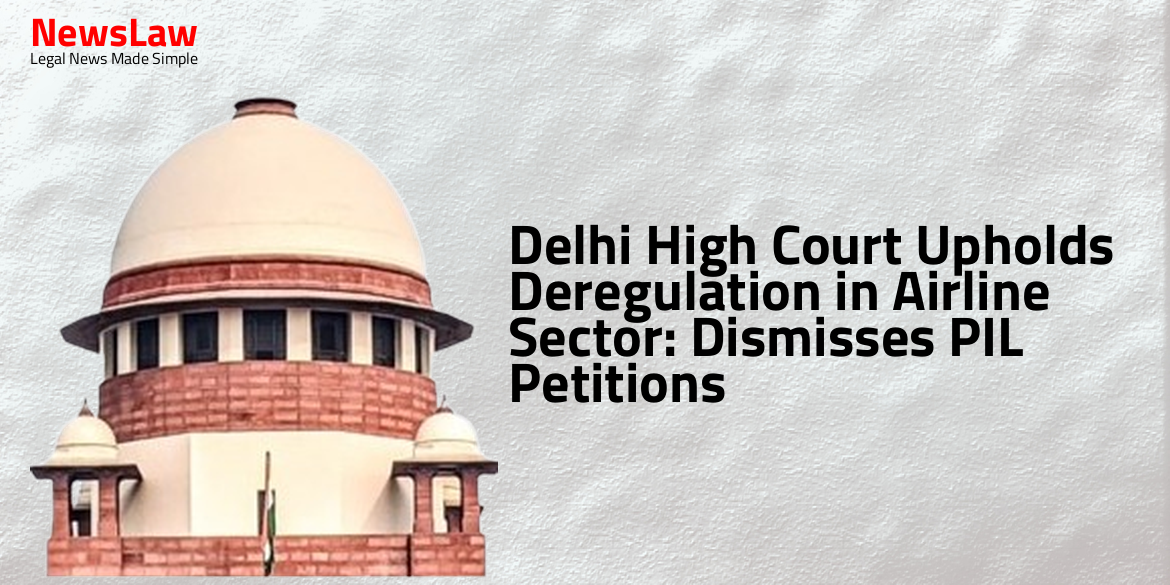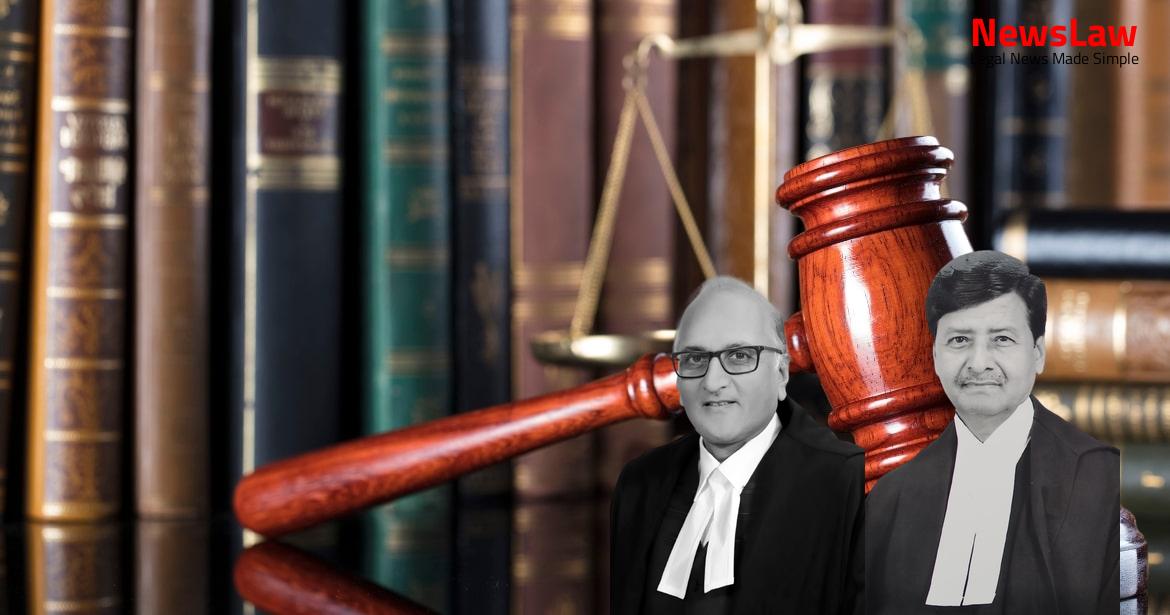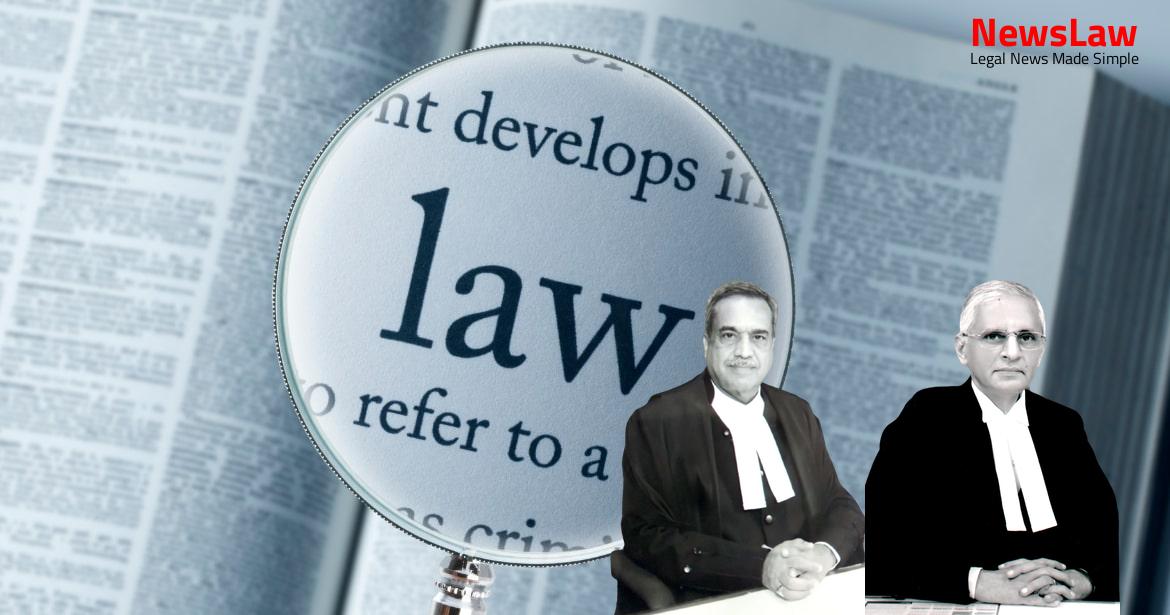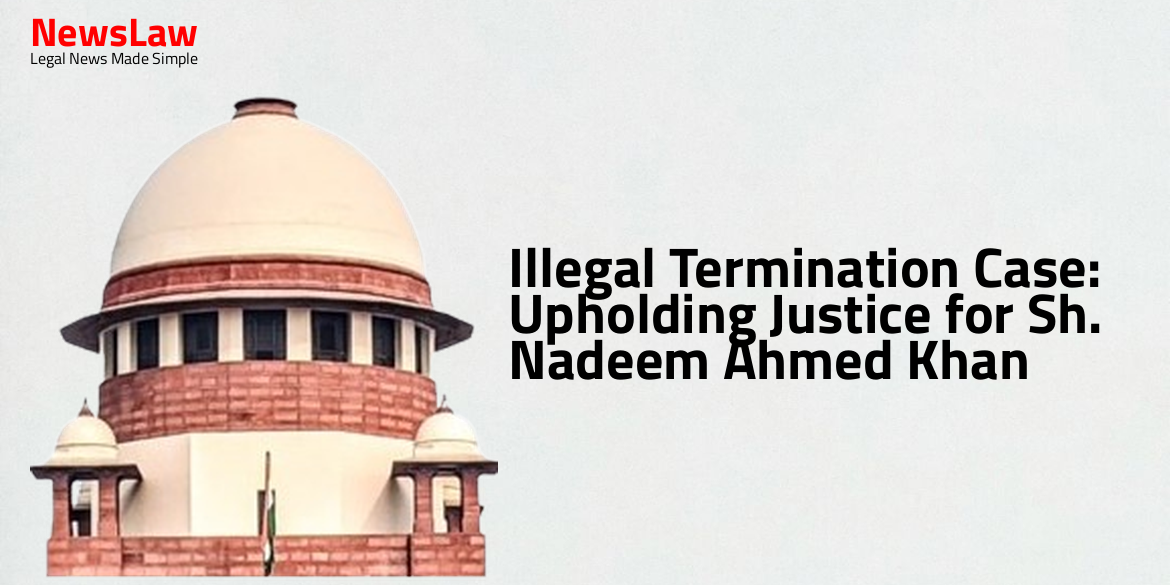In a significant legal case, the Delhi High Court has upheld the deregulation in the airline sector, dismissing PIL petitions related to airfare control. The case involved concerns raised by the petitioners about spiking airfares and the need for setting a cap on charges by private airlines. The court ruled in favor of maintaining the existing legal regime, ensuring affordability and dynamic pricing in the industry. Find out more about this crucial judgment and its implications on the airline sector.
Arguments
- Petitioner filed an RTI application seeking information on airfare control, but Union of India claimed no control.
- Respondent-DGCA explained that airlines must establish reasonable tariffs considering various factors.
- Dynamic pricing is crucial for airlines to improve revenue per flight.
- Similar price spikes were observed during past emergencies, suggesting airlines cashing in on citizen’s helplessness.
- Petitioner noted lack of robust refund mechanism by airlines, citing loss of money after Jet Airways cancellation.
- DGCA requires airlines to upload sector-wise tariff sheets on their websites.
- Application for refund of money paid to Jet Airways cannot be maintained before DGCA, as per DGCA counsel.
- Petitioners seek direction for setting a cap on airfares to prevent arbitrary, irrational, and exorbitant charges by private airlines.
- Airline sector works on dynamic pricing based on multiple factors affecting demand and supply.
- Airfares are determined by demand and supply forces, with lean and high season periods affecting pricing.
- Issue of escalated airfares first came to Petitioner’s attention in February 2016 during civil agitation.
- The Respondent suggests that the Petitioner has made an error in filing the present petition since the airline in question has ceased operations.
- The Respondent asserts that the appropriate forum for seeking a refund of the amount paid to the airline would be the designated authority or consumer forums.
- It is implied that the Petitioner will need to adhere to the legal process in order to potentially receive a refund, given the circumstances surrounding the airline’s closure.
- The Respondent does not offer to handle the refund directly but advises the Petitioner on the proper course of action to take in this situation.
Analysis
- Existing legal regime ensures airfares are affordable with DGCA empowered to take action against violators.
- Petitioners did not provide conclusive evidence for their claim of spiked airfares.
- Deregulation in the aviation sector allows for dynamic pricing of fares, essential for growth.
- Rule 135(4) empowers DGCA to issue directions against airlines for excessive or predatory airfares.
- DGCA is empowered to safeguard passenger interests and check sudden price surges against declared highest tariffs.
- Directions issued by DGCA must be complied with by the airlines as per Rule 135(5).
- Aggrieved passengers can seek action against airlines for high tariff charges through appropriate forums.
- Court declines to direct DGCA to fix and regulate airfares of private airlines as a norm.
- The legislature’s shift to deregulation in 1994 is upheld, and no grounds for interference by the Court are found.
- PIL petitions are dismissed along with pending applications.
Case Title: MR. BEJON KUMAR MISRA Vs. UNION OF INDIA AND ORS. (2024:DHC:4063-DB)
Case Number: W.P.(C)-4958/2018



